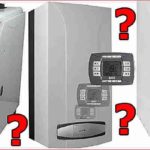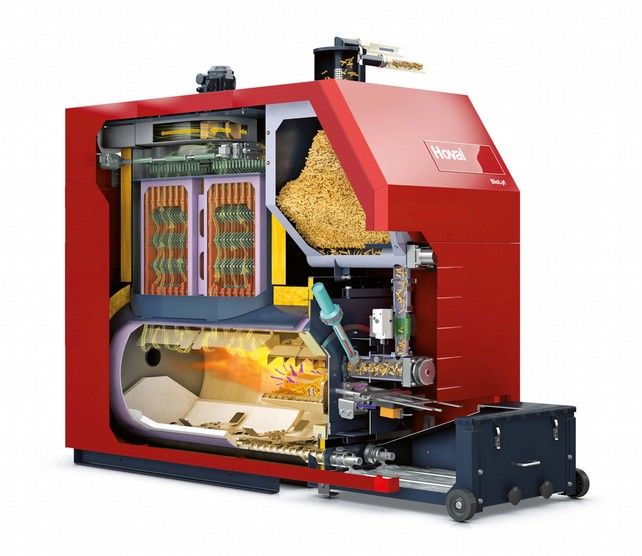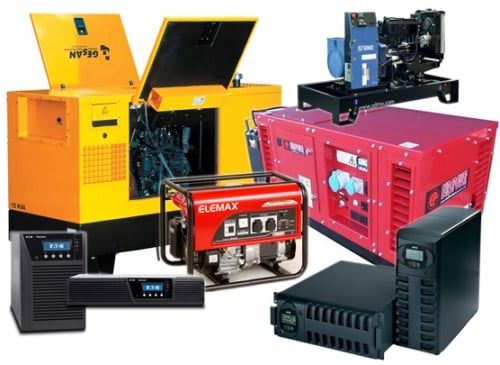The gas boiler clicks
Despite the novelty and noiselessness during operation, the device is characterized by periodic occurrence of various problems in the form of characteristic sounds. This does not pose a serious threat to the user and residents of the house, however, there is discomfort in control. In this article, we will consider not only the sources of problems why a gas boiler clicks, but also methods for eliminating them.
The content of the article
When does the clicking occur?
They can appear in such cases as turning on the structure, turning it off, during cooling, during heating. Let's look at each situation in more detail:
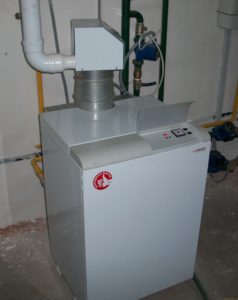 When a consumer turns on the stove, quite a large amount of gas can accumulate. When a light appears, the substance flashes and noise is heard. This could be due to a defect in the three-code valve or in the ignition system. In the last of the incidents, there is a possibility that the spark appears much later than actually necessary. In addition to the reasons mentioned, there may be a threat of clogging or inadequacy of the smoke outlet. This leads to the formation of an undesirable mixture of gas and air. When the wick is dirty, popping noises may also be heard. If it is not eliminated, then, most likely, cravings will present poor indicators over time.
When a consumer turns on the stove, quite a large amount of gas can accumulate. When a light appears, the substance flashes and noise is heard. This could be due to a defect in the three-code valve or in the ignition system. In the last of the incidents, there is a possibility that the spark appears much later than actually necessary. In addition to the reasons mentioned, there may be a threat of clogging or inadequacy of the smoke outlet. This leads to the formation of an undesirable mixture of gas and air. When the wick is dirty, popping noises may also be heard. If it is not eliminated, then, most likely, cravings will present poor indicators over time.- During the heating process, the hanging brackets may be installed incorrectly, resulting in an imbalance of thermal expansion. The mesh at the bottom of the gas stove body may also become clogged. Do not forget about the incorrect operation of the pump - because of this resonance, sounds appear. And perhaps the last option may be the moment when a large amount of liquid evaporates.
- Another common manifestation can be a change in temperature indicators downward, which is the cooling of the entire device.
- The next, but rare source is the possible not particularly correct installation of the pipe. It happens that it is made without taking into account the degree of voluntary movement while increasing the thermal effect. This is easy to notice when the temperature of the coolant changes.
Causes of clicking noises
Below are the main and most common sparks experienced by housewives:
- Lime formation.
- The thermal balance inside the boiler is disrupted.
- The appearance of various damage to one or more elements of the entire system.
As for the rest, these are variations of the main ones.
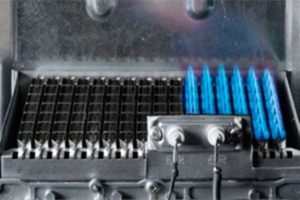
IMPORTANT. Of course, if you are unsure of the correct detection of the source of the defect, it is advisable to contact a special service. Qualified specialists will be able not only to make a diagnosis in a timely manner, but also to eliminate it themselves.
How to solve a problem
The fix will depend on the original cause, therefore:
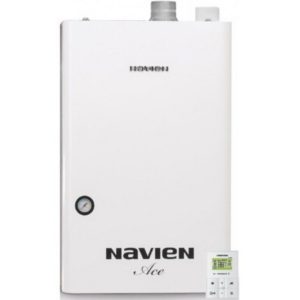 If there is an excess of oxygen in the water, it is necessary to re-equip the entire system. That is, you will have to install air vents and replace them with a membrane expansion tank.
If there is an excess of oxygen in the water, it is necessary to re-equip the entire system. That is, you will have to install air vents and replace them with a membrane expansion tank.- If the whistle comes from the valve, then it is advisable to check the settings.This can be done using the recommendations in the instructions.
- When the pump power exceeds the needs of the structure, the speed of the work process should be reduced.
- It is also worth replacing valves with ball valves. But you can also install an auxiliary rubber gasket.
- To prevent knocking when the temperature in the radiator changes, you need to change the location of the wall mounts.
- And to prevent pipes intended for heating from ringing, you should lay a special material - Merelon - around them. This will promote isolation.
- To eliminate sounds from the heat exchanger, you need to clean the inside of the scale.


